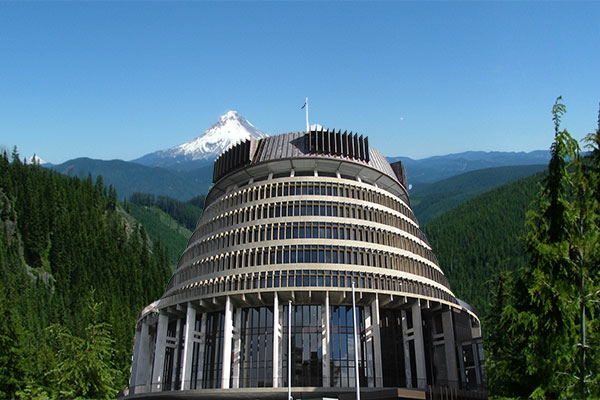In 'da House | Issue 26
POLS101
I took that brief pretty literally and prattled on about myself for most of the lecture, but I restrained myself enough to take the opportunity to talk to a room full of politically-engaged young people about how we can increase youth voter turnout and make politics more interesting to young voters. Based on the dismal turnout at last yearís election, I think we can agree that weíre not getting it right at the moment.
The class had some great suggestions on this topic, including more and earlier voter education in high school, parties taking the time to consult young people on the issues that matter to them, and making it easier to actually vote by exploring online voting methods.
Reasons given for why young people donít vote included that they donít see the difference between political parties, donít like all the policies of any single political party so find it hard to choose between them, and donít feel a strong affinity with any particular political party in a way that people perhaps have in the past.
This observation was confirmed when the class was asked if they already knew who they would vote for in the next election, and only 5-10 hands went up in a class of around 80.
In that context, politicians like me face the serious challenge of making politics more interesting for young people, and engaging with them in an authentic and respectful way. This is important not only to ensure that young people are represented in Parliament, but also to make sure that we donít alienate a whole generation from engaging in future elections.
Thatís why I was stoked when two students came to present to the Justice and Electoral Select Committeeís Inquiry into the 2011 General Election this week on their online youth engagement tool ďOn the FenceĒ. This tool helps young people engage with politics and figure out which parties they might agree with, based on a series of values statements. Itís fun, engaging, thought-provoking, and not at all party-political. Check it out at www.onthefence.co.nz.
My National, Labour, and NZ First colleagues were most impressed. Perhaps there is hope yet.








